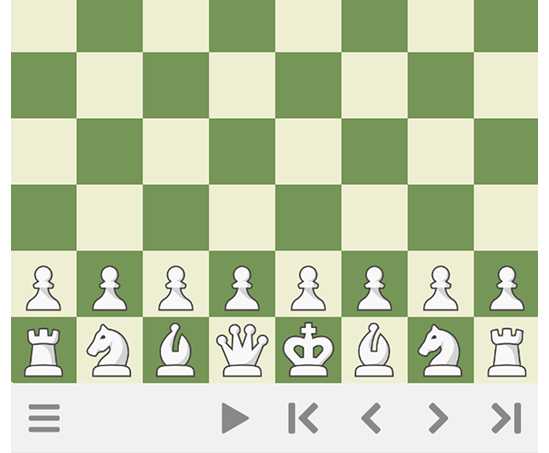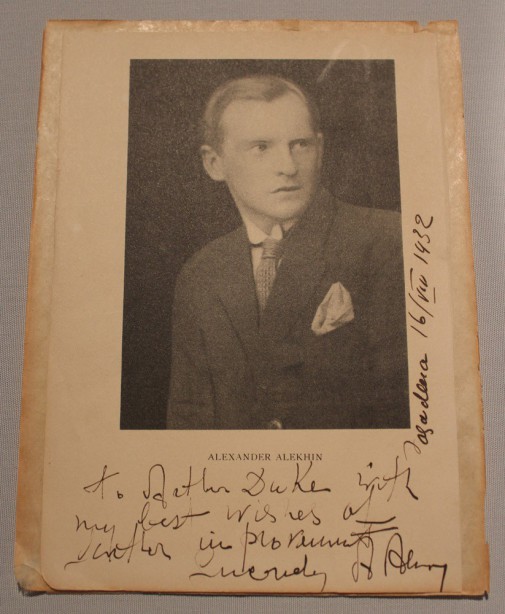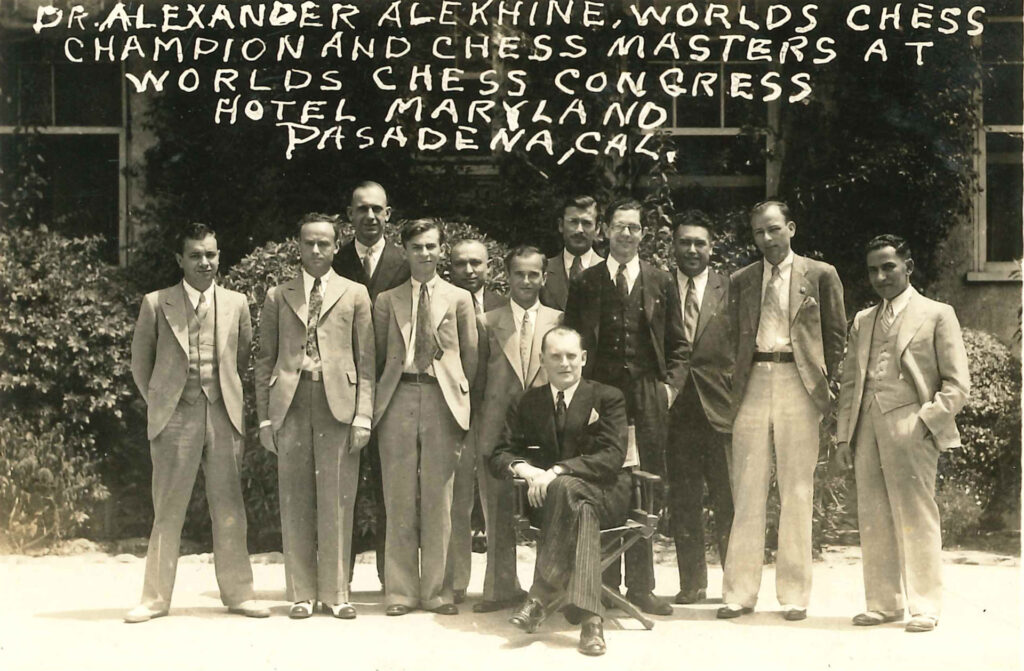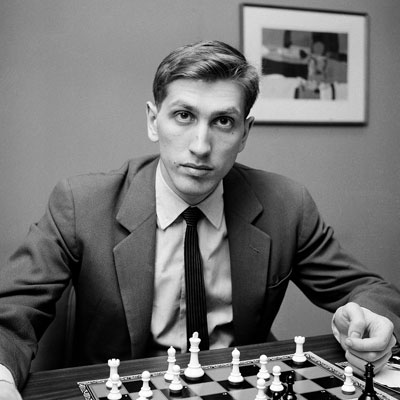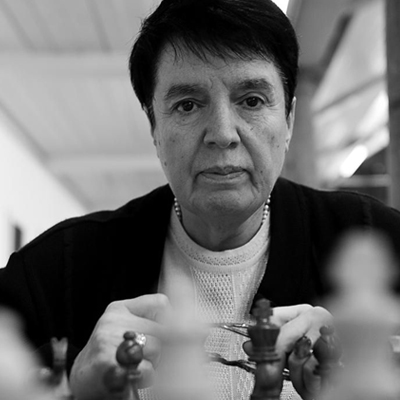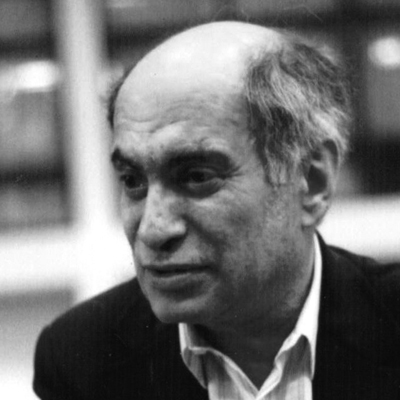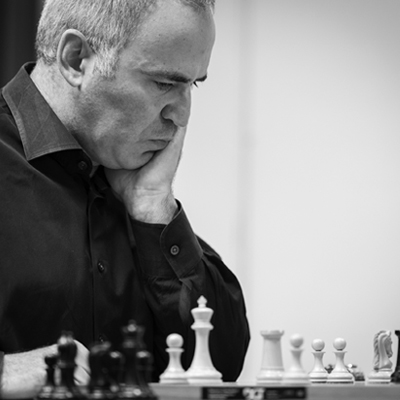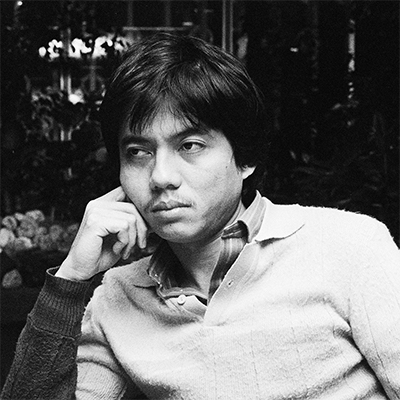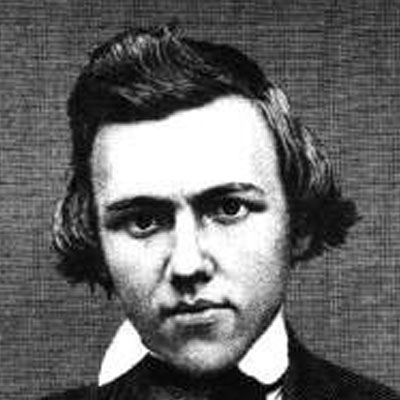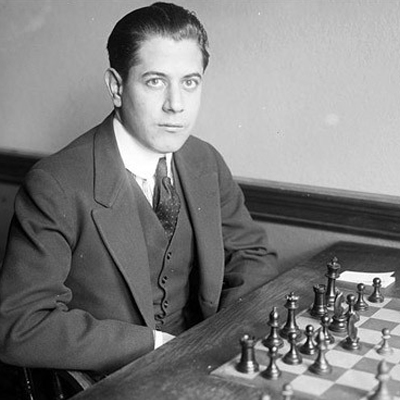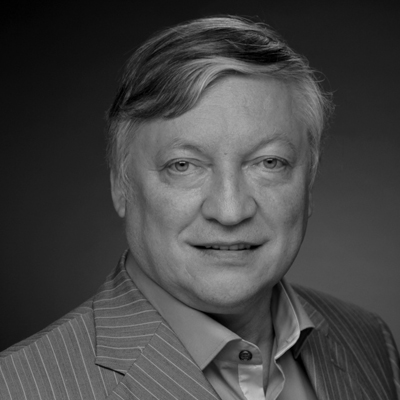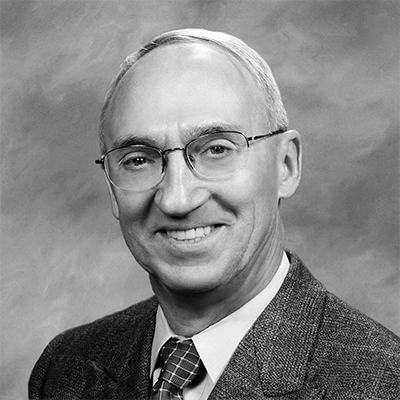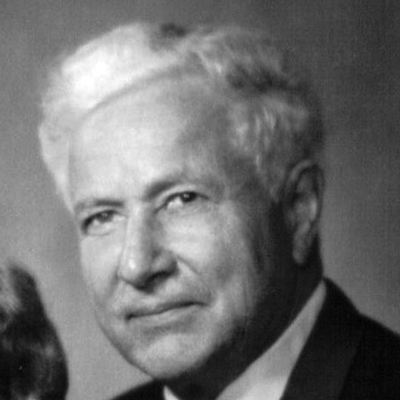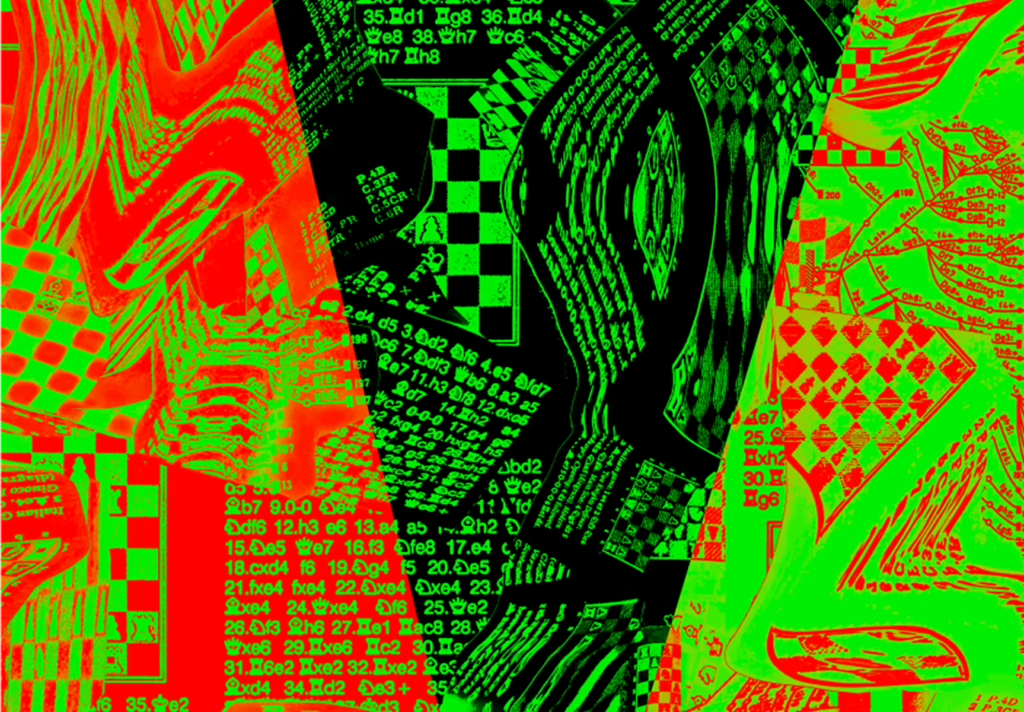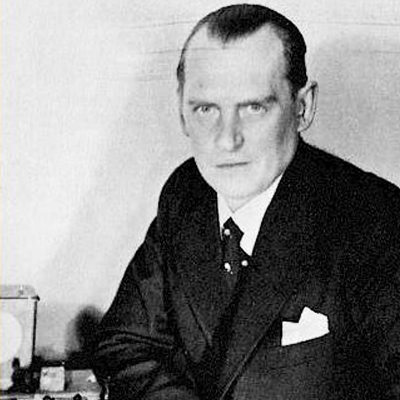
World Chess hall of fame
Alexander Alekhine
Inducted 2004 1892 - 1946
France
Biography
Born in Moscow, Alekhine became one of the world’s first officially recognized grandmasters in 1914 and was noted for his tactical flair and brilliant attacking play. That same year, he participated in the Mannheim 1914 chess tournament, which was interrupted by the outbreak of World War I. Interned in Germany during World War I and imprisoned in Odessa, Ukraine, on suspicion of spying in 1919, he eventually gained French citizenship in the 1920s.
Throughout the same period, Alekhine began to train with the goal of eventually challenging for the World Chess Championship title. His third-place finish behind the current World Champion, José Raúl Capablanca, and a former World Champion, Emanuel Lasker, in the New York 1924 tournament built both his confidence and his international reputation. Alekhine would later annotate the games played in the competition for its tournament book. He further increased his renown through his victory at the Baden Baden 1925 chess tournament, which featured a large field of 21 players. During a 1926 exhibition tour in Argentina, Alekhine was able to secure the financial support needed to support a world championship challenge, and the following year, he defeated Capablanca to become the new World Chess Champion.
During the early 1930s, Alekhine hit the peak of his career, winning San Remo 1930, Bled 1931, London 1932, Pasadena 1932, and Zurich 1934 chess tournaments. He successfully defended his world champion title in 1929 and 1934 before losing it to Max Euwe in 1935. Alekhine won a rematch in 1937 and remained World Champion until his death nine years later. His final years were plagued by controversy and difficulty. Nevertheless, Alekhine inspired generations of players through his imaginative play and greatly contributed to chess literature with his deeply conceived attacks and detailed annotations, lending his name to Alekhine’s Defense and other opening variations.
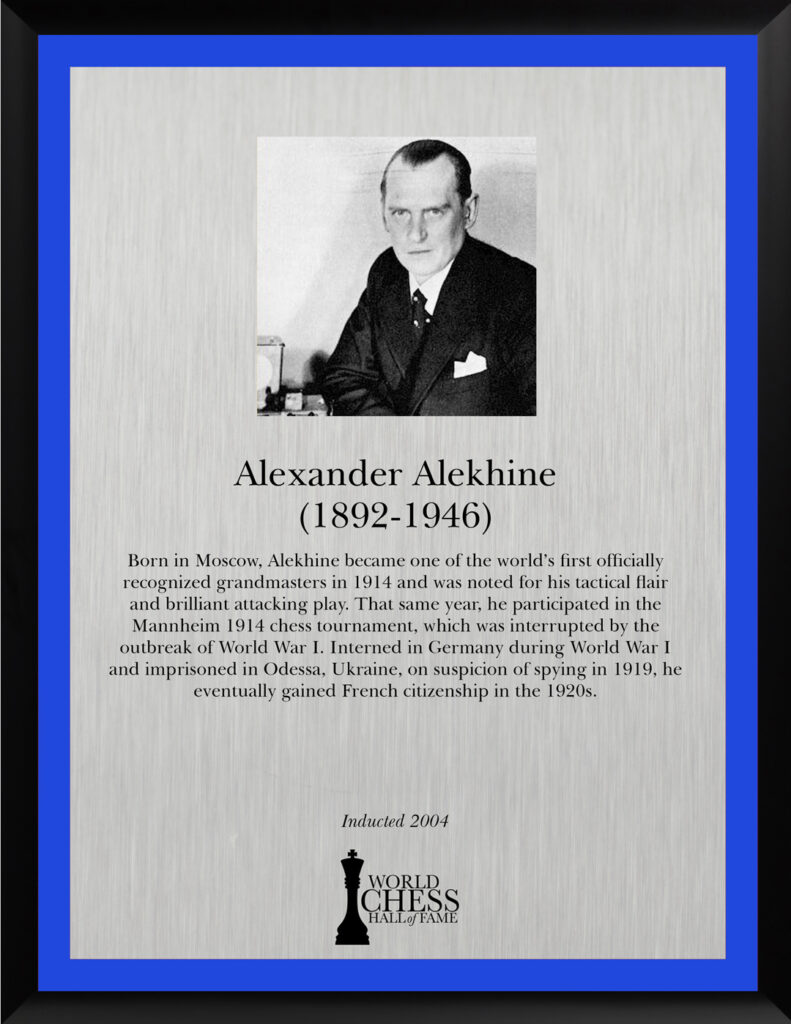
Notable Games
